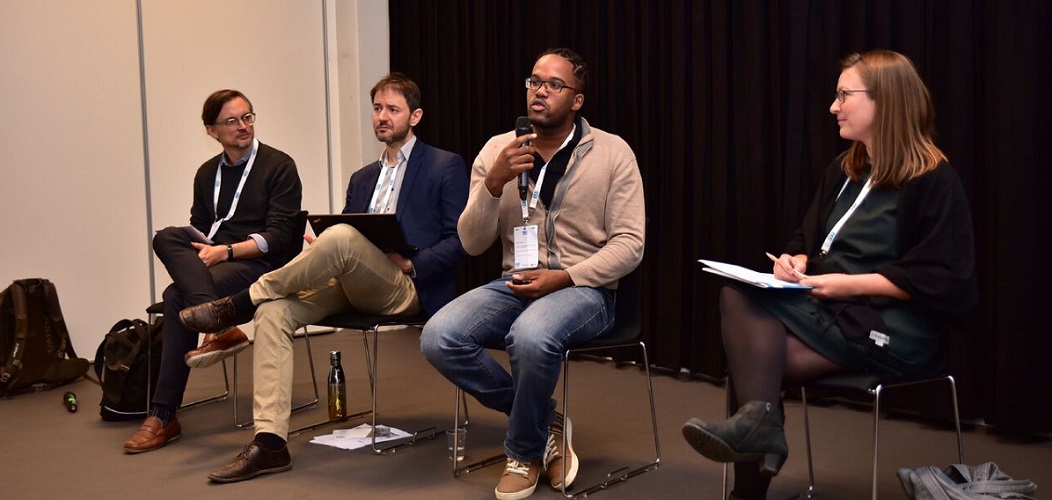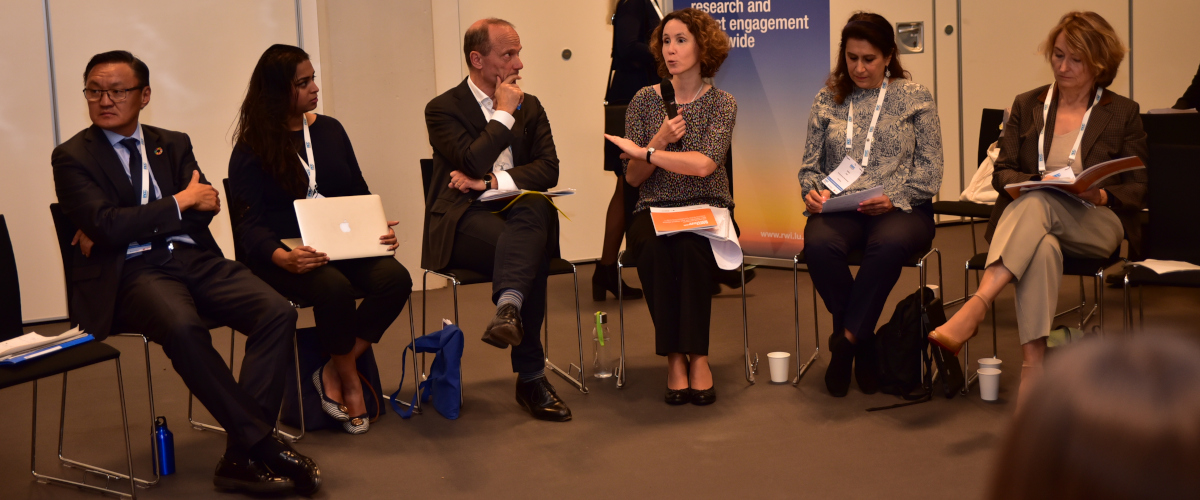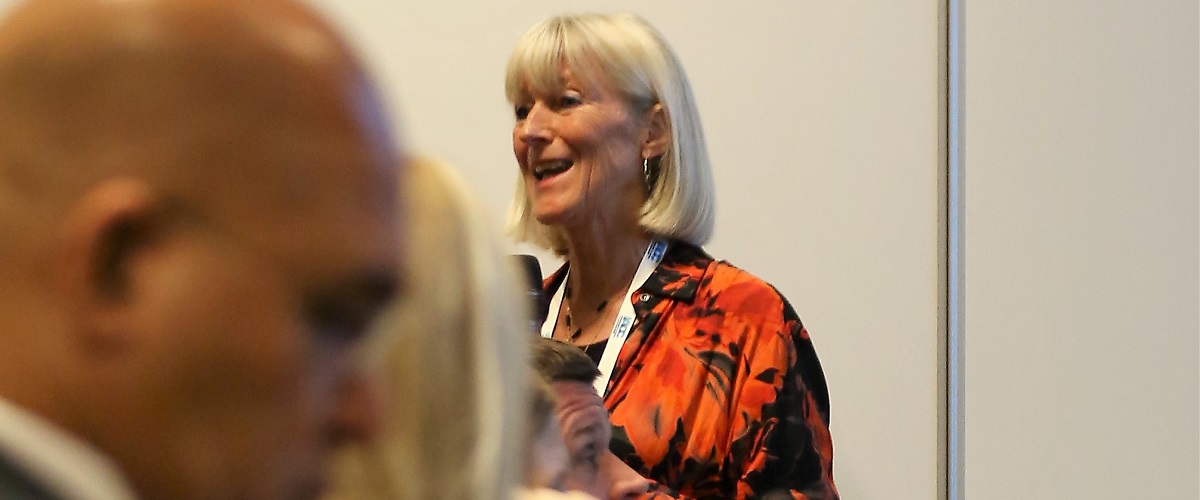The question as to whether technology enables perpetrators of corruption to cause more havoc, or whether it strengthens the arms of state actors, the media or crusaders who are fighting corruption, was addressed at the International Anti-Corruption Conference.
“It depends on which context we are talking about,” said Mihály Fazekas, assistant professor and scientific director of the Central European University and Government Transparency Institute, in an interview after the presentation. “There are government and civil society actors who are experts in data use and know how to use that data to fight corruption.”
“In other situations,” he added, “organized or white collar criminals are experts in using data for corrupt things. It’s really about new ways of using data for corruption or anti-corruption and whoever is getting better in that will have the upper hand.”
Cédric Lombion, programmes manager of School of Data, presented examples of how anti-corruption champions and civil societies groups used apps to track government expenditure and the work of contractors. He said technology helped to pick signals of corruption and raise red flags, which often led to further probes. He mentioned Indonesian Corruption Watch, which used “technology and advocacy to fight corruption” as an example of how technology could be used to enhance the fight against corruption.
This organization, he said, used a tracking app to identify problematic areas in government budgets and then partnered with journalists to investigate specific instances of corruption. He also cited France, where drone technology was being used to inspect buildings and identify undeclared facilities such as swimming pools, in order to enable city authorities to assess their right tax values.
Henriette Kötter, a senior policy officer in Germany’s federal ministry for economic cooperation and development, believes digital technology has had a positive impact in the fight against corruption. She said technology has led to the development of apps that helped to make procurement more transparent and also enabled whistleblowers to report corruption without putting themselves at risk.
The panelists agreed that it was not enough to have the technology or the data. They recommended an effective coordination between developers of anti-corruption apps, journalists, and civil society groups. Cédric Lombion cited a case in Ghana where data on the extractive industry had been gathered using technology, but because there was no effective collaboration between the app developers and the media, the data only sat on the website of the developers without any meaningful impact.


